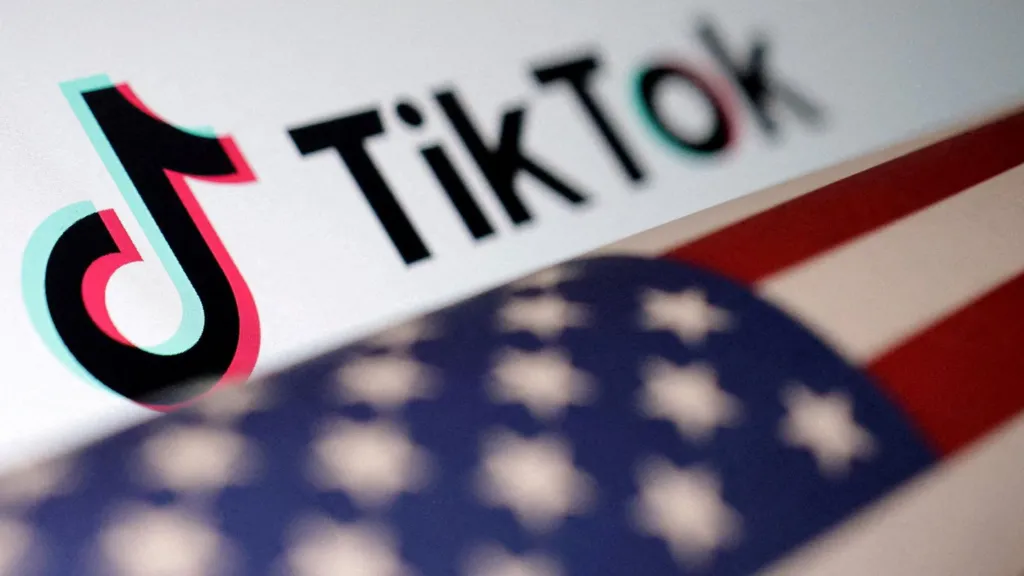The U.S. Federal Trade Commission (FTC) filed a lawsuit against Adobe, alleging that the company unlawfully charged hidden cancellation fees to users attempting to end their subscriptions. The FTC claims that Adobe ignored numerous complaints over the years and prioritized profits, maintaining a convoluted cancellation process despite knowing it was difficult for customers to navigate.
The FTC’s complaint highlights Adobe’s refusal to simplify the cancellation process, even after a 2022 FTC investigation suggested Adobe’s practices might be illegal. Adobe is accused of only offering partial refunds or no refunds at all to subscribers who were charged after unsuccessful cancellation attempts. The lawsuit seeks to permanently stop Adobe’s allegedly deceptive practices.
Dana Rao, Adobe’s general counsel and chief trust officer, defended Adobe’s practices, stating that the company provides convenient and transparent subscription services. Rao emphasized that Adobe will challenge the FTC’s allegations in court, maintaining that the company ensures a positive customer experience and offers a straightforward cancellation process.
Retention Through Cancellation Fees
The FTC’s heavily redacted complaint accuses Adobe of using manipulative enrollment tactics to lock subscribers into annual plans billed monthly. Adobe allegedly pre-selects the “annual paid monthly” plan by default, imposing an early termination fee (ETF) amounting to 50% of the remaining annual subscription for cancellations beyond a two-week period. The FTC claims that these fees are not clearly disclosed, appearing only in fine print that most consumers overlook.
Adobe’s suite of apps can cost over $700 annually, and the unexpected ETF can deter users from canceling their subscriptions. The FTC alleges that Adobe fails to clearly disclose the ETF during the sign-up process and does not provide a simple method to cancel, which could violate the Restore Online Shoppers’ Confidence Act (ROSCA). Under ROSCA, Adobe should have made the ETF terms clear before collecting billing information or obtained informed consent from users.
Subscribers have frequently complained about Adobe’s self-cancellation process, which they describe as an unending loop. Many users reported that customer support calls or chats were often dropped, leaving them unable to cancel their subscriptions.
Allegations of Deceptive Practices
The FTC claims Adobe used ETFs as a retention tool, making it difficult for customers to cancel and resulting in continued charges even after users believed they had successfully canceled their subscriptions. The complaint includes numerous instances where subscribers discovered months later that they were still being charged.
Two Adobe executives, Maninder Sawhney and David Wadhwani, are named as defendants. Sawhney’s role is redacted in the complaint, but his LinkedIn profile indicates he has been with Adobe for nearly 14 years and was promoted to senior vice president in 2022. Wadhwani, president of Adobe’s digital media business since 2021, is described as a key figure in Adobe’s shift to a subscription model aimed at maximizing recurring revenue.
The FTC’s lawsuit aims to force Adobe to disclose ETFs clearly at sign-up, similar to how they highlight these fees in red font during the cancellation process. Samuel Levine, director of the FTC’s Bureau of Consumer Protection, emphasized the need to protect consumers from hidden fees and complex cancellation procedures, stating that the FTC will continue to fight against such illegal business practices.
















